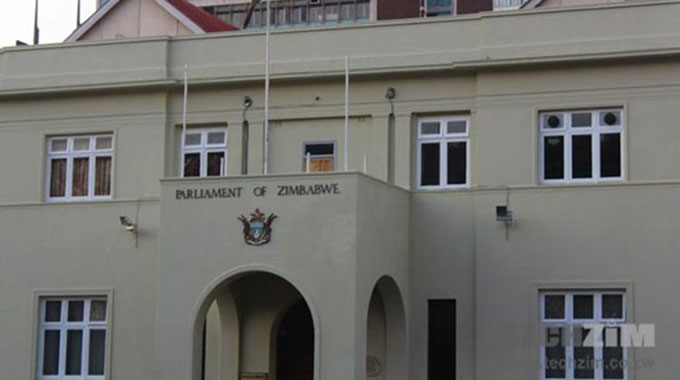Africa University to host 100 young scientists
Manicaland Correspondent
GOVERNMENT will this week launch the first ever bio-medical research competition in Manicaland province, The Herald has learnt.
The competition is a collaborative effort between Government and the African Institute of Bio-medical Science and Technology (AiBST).
Aimed at inspiring young people to be creative scientists from an early stage, the competition will be held at Africa University today and tomorrow.
In a recent interview, Next Generation of Biomedical Scientists (NGBS) programme manager Mr Frank Muzenda said they were expecting an estimated 100 high school students from each of the country’s 10 provinces to participate in the training and competition.
“At least 100 students from 10 schools in each province will go through a two-day training at Africa University,” he said.
Mr Muzenda said the research was being done for the first time in Manicaland.
He hailed the province, saying it had a good history when it comes to higher and tertiary education.
“We chose to do this initiative in Manicaland because schools in the province are always on top when it comes to academics,” said Mr Muzenda. “We need schools that we can trust and we get that a lot in Manicaland.
“During the research and training workshop, scientists will coach high school students on forensic investigations, genomic science and how to conduct biomedical research using the latest genomic technologies.
“After the training, each school team will be tasked with identifying health challenges in their community that can be solved by forensic and genomic technologies and write a research proposal.”
Mr Muzenda said three schools would be chosen on the strength of their proposals and would be given scientific research equipment, reagents and mentors from universities to help them conduct the research, which should basically involve engaging different community leaders.
“All in all, an exhibition will be conducted for all research projects from the five provinces from which three schools with the best researches will be awarded mobile science laboratories worthy $5 000 each,” he said.






Comments